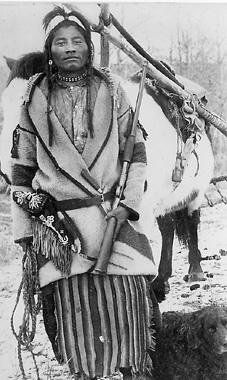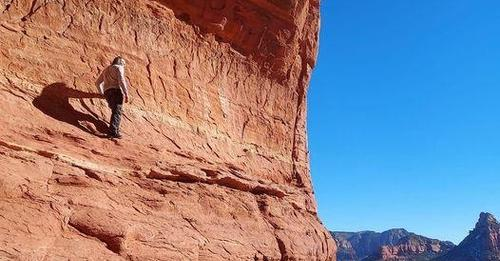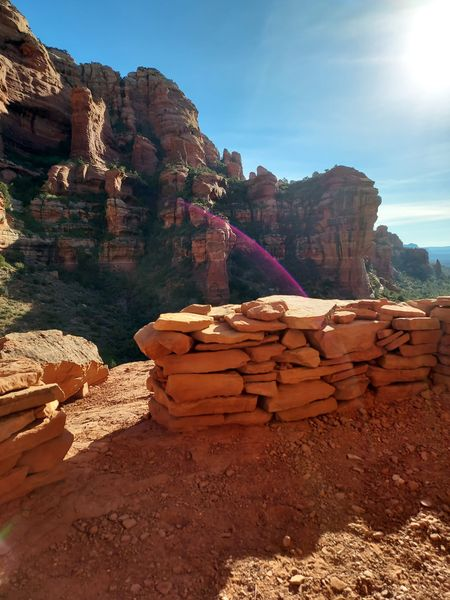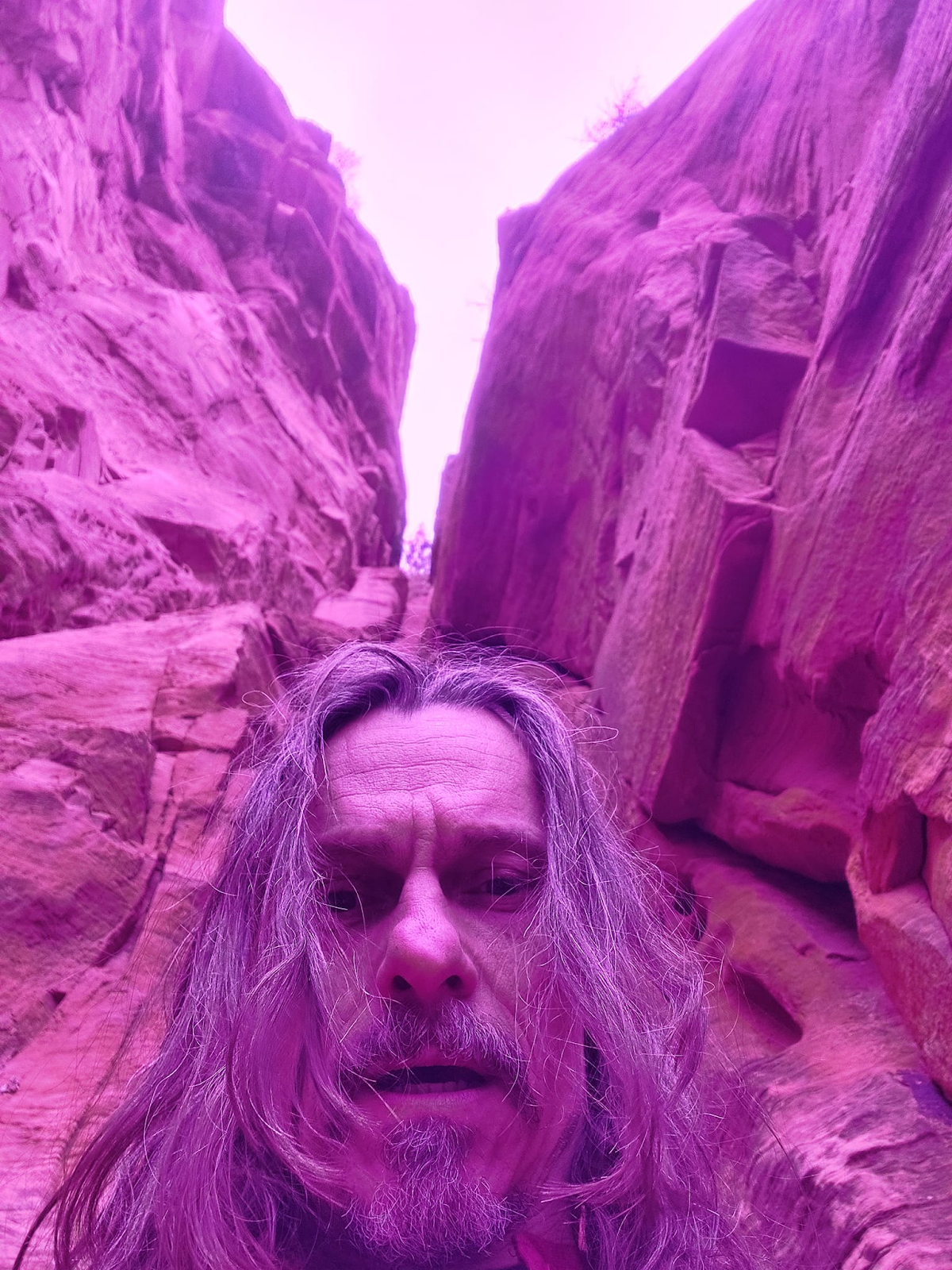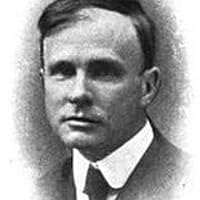A little change of pace. In this 1918 volume, Mr.
Perry, attempts to proffer a theme for what makes American literature/culture
unique to itself and not necessarily reflective of the European world that so
many of the nation’s earliest authors came from or were deeply influenced by.
It has more than a little to say about East vs. West,
read that Soft vs. Will, or Assumed Knowledge vs. Applied/Tested Knowledge.
"We are but strangers in an inn, but
passengers in a ship," said Roger Williams. This sense of the transiency
of human effort, the perishable nature of human institutions, was quick in the
consciousness of the gentleman adventurers and sober Puritan citizens who
emigrated from England to the New World. It had been a familiar note in the
poetry of that Elizabethan period which had followed with such breathless
interest the exploration of America. It was a conception which could be shared
alike by a saint like John Cotton or a soldier of fortune like John Smith. Men
are tent-dwellers. Today they settle here, and tomorrow they have struck camp
and are gone. We are strangers and sojourners, as all our fathers were. This
instinct of the camper has stamped itself upon American life and thought.
Venturesomeness, physical and moral daring, resourcefulness in emergencies, indifference
to negligible details, wastefulness of materials, boundless hope and confidence
in the morrow, are characteristics of the American. It is scarcely an
exaggeration to say that the "good American" has been he who has most
resembled a good camper. He has had robust health—unless or until he has abused
it,—a tolerant disposition, and an ability to apply his fingers or his brain to
many unrelated and unexpected tasks. He is disposed to blaze his own trail. He
has a touch of prodigality, and, withal, a knack of keeping his tent or his affairs
in better order than they seem. Above all, he has been ever ready to break camp
when he feels the impulse to wander. He likes to be "foot-loose." If
he does not build his roads as solidly as the Roman roads were built, nor his
houses like the English houses, it is because he feels that he is here today
and gone tomorrow. If he has squandered the physical resources of his
neighborhood, cutting the forests recklessly, exhausting the soil, surrendering
water power and minerals into a few far-clutching fingers, he has done it
because he expects, like Voltaire's Signor Pococurante, "to have a new
garden tomorrow, built on a nobler plan." When New York State grew too
crowded for Cooper's Leather-Stocking, he shouldered his pack, whistled to his
dog, glanced at the sun, and struck a bee-line for the Mississippi. Nothing
could be more typical of the first three hundred years of American history.
·
An entire early nation shaped upon either
being “those who venture” or immediate relatives or in immediate association with
those who venture.
·
There is an influence there that is well-nigh
impossible to imagine now.
·
The early centuries were shaped by a
questing force that we cannot imagine.
·
Even if one were at the time someone who
stayed behind, you were still awash in a culture that valued, vaunted or were
at least deeply aware of a large contingent that rejected your “stay put” ways.
·
Today we turn to fiction, film, Netflix to
vicariously see Questors; imagine no need of such fictional expressions when one
has “You know my Uncle Jeremy loaded up the family and went over the
Alleghenies.”
·
We are all stay-putters now.
·
Does this speak well of our inherited
Legacy?
The traits of the pioneer have thus been
the characteristic traits of the American in action. The memories of successive
generations have tended to stress these qualities to the neglect of others.
Everyone who has enjoyed the free life of the woods will confess that his own
judgment upon his casual summer associates turns, quite naturally and almost
exclusively, upon their characteristics as woodsmen. Out of the woods, these
gentlemen may be more or less admirable divines, pedants, men of affairs; but
the verdict of their companions in the forest is based chiefly upon the single
question of their adaptability to the environment of the camp. Are they quick
of eye and foot, skillful with rod and gun, cheerful on rainy days, ready to do
a little more than their share of drudgery?
·
Esteem was placed on the “cash value” of demonstrable
ability, character in a crucible of trying circumstances.
·
Judging someone at assumed potential, birthright
or bloodline, what a certification claims, or any unsubstantiated pedigree
holds no weight in reality.
·
We need a life of ease and abstraction to
fall prey to such possible humbuggery.
Some such unconscious selection as this
has been at work in the classification of our representative men. The building
of the nation and the literary expression of its purpose and ideals are tasks
which have called forth the strength of a great variety of individuals. Some of
these men have proved to be peculiarly fitted for a specific service,
irrespective of the question of their general intellectual powers, or their
rank as judged by the standard of European performance in the same field. Thus
the battle of New Orleans, in European eyes a mere bit of frontier fighting,
made Andrew Jackson a "hero" as indubitably as if he had defeated
Napoleon at Waterloo. It gave him the Presidency.
·
A New World and new circumstances altered
evaluation.
·
Sometimes to the bafflement of those not
steeped in it.
It was not in vain that John Smith sought
to correct the early laxness at Jamestown by the stern edict: "He that will
not work, neither shall he eat."
·
This early iteration of self-reliance as law
of necessity impressed itself upon the new culture in a way that mere arguments
for “Here’s how things should be...” never can.
·
Reality requires initiative in a way that
comfortable living never does.
William Bradford's quiet words, "It
is not with us as with other men, whom small things can discourage, or small
discontentments cause to wish themselves at home again."
·
Another common expression of the mindset
of the early venturesome mindset.
·
It takes a different breed of human to
brave the ocean, the forest, the plains, the deserts.
·
Calls to mind the Texas Proverb.
“Cowards Never Started
The Never Got Here
& The Unfit Don’t Stay.”
[Regarding the robust and wise Rober Williams.]
There is glorious writing here, and its
effect cannot be suggested by quoting sentences. But there is one sentence in a
letter written by Williams in his old age to his fellow-townsmen of Providence
which points the whole moral of the terrible mistake made by the men who sought
spiritual liberty in America for themselves, only to deny that same liberty to
others. "I have only one motion and petition," begs this veteran
pioneer who had forded many a swollen stream and built many a rude bridge in
the Plantations: "it is this, that after you have got over the black brook
of some soul bondage yourselves, you tear not down the bridge after you."
·
Mr. Perry makes a gorgeous observation,
that this man who had faced true pioneering hardships for sake of freedom of
body and mind saw no grace in becoming yet another tyrant in a new country.
·
Why imitate what one presumably leaves
behind?
[I offer no “lesson” here beyond this glimpse at just
how copious the early record, journals, letters, town minutes are concerning “Indian
Affairs” both violent and otherwise. There is an entire universe of information
out there to those who dig.]
Typical pamphlets are Mary Rowlandson's
thrilling tale of the Lancaster massacre and her subsequent captivity, and the
loud-voiced Captain Church's unvarnished description of King Philip's death.
The King, shot down like a wearied bull-moose in the deep swamp, "fell
upon his face in the mud and water, with his gun under him." They "drew
him through the mud to the upland; and a doleful, great, naked dirty beast he
looked like." The head brought only thirty shillings at Plymouth:
"scanty reward and poor encouragement," thought Captain Church. William
Hubbard, the minister of Ipswich, wrote a comprehensive "Narrative of the
Troubles with the Indians in New England," bringing the history down to
1677. Under the better known title of "Indian Wars," this fervid and dramatic
tale, penned in a quiet parsonage, has stirred the pulses of every succeeding
generation.
"You have better food and raiment
than was in former times," wrote the aged Roger Clark, in 1676; "but
have you better hearts than your forefathers had?"
·
A wise question to ask these 348 years
later.
[I offer this passage as Mr. Perry gives us a wise
order to consume Cooper’s Leatherstocking Tales.]
Two generations have passed since then,
and Cooper's place in our literature remains secure. To have written our first
historical novel, "The Spy," our first sea-story, "The
Pilot," and to have created the Leather-Stocking series, is glory enough.
In his perception of masculine character, Cooper ranks with Fielding. His
sailors, his scouts and spies, his good and bad Indians, are as veritable human
figures as Squire Western. Long Tom Coffin, Harvey Birch, Hawk-Eye, and
Chingachgook are physically and morally true to life itself. Read the
Leather-Stocking books in the order of the events described, beginning with
"The Deerslayer," then "The Last of the Mohicans," "The
Pathfinder," "The Pioneers", and ending with the vast darkening
horizon of "The Prairie" and the death of the trapper, and one will
feel how natural and inevitable are the fates of the personages and the
alterations in the life of the frontier. These books vary in their poetic
quality and in the degree of their realism, but to watch the evolution of the
leading figure is to see human life in its actual texture.
[This extract for his “best” of the Transcendentalists.
I admit a huuuuuuge spiritual affiliation with Emerson. His 1st and
2nd Book of Essays are in constant rotation in my Bible.]
Channing and Theodore Parker, Margaret
Fuller and Alcott, Thoreau and Emerson, are all representative of the best
thought and the noblest ethical impulses of their generation.
[Emerson on the “West” as opposed to the effete East;
that is the “stay putters.”]
For thirty years his lecturing trips to
the West brought him, more widely than any New England man of letters, into
contact with the new, virile America of the great Mississippi valley. Unlike
many of his friends, he was not repelled by the "Jacksonism of the
West"; he rated it a wholesome, vivifying force in our national thought
and life.
[Mr. Perry on Thoreau. I offer my bias—I consider Thoreau’s
Walden one of THE most significant books I have ever read. I add to that
his unfinished volume on American Indian History and Ways—Superlative Life-Changing
stuff for this Old Man.]
Ten years passed. The young man gave up
school-keeping, thinking it a loss of time. He learned pencil-making, surveying,
and farm work, and found that by manual labor for six weeks in the year he
could meet all the expenses of living. He haunted the woods and pastures,
explored rivers and ponds, built the famous hut on Emerson's wood-lot with the
famous axe borrowed from Alcott, was put in jail for refusal to pay his
polltax, and, to sum up much in little, "signed off" from social
obligations. "I, Henry D. Thoreau, have signed off, and do not hold myself
responsible to your multifarious uncivil chaos named Civil Government."
When his college class held its tenth reunion in 1847, and each man was asked
to send to the secretary a record of achievement, Thoreau wrote: "My
steadiest employment, if such it can be called, is to keep myself at the top of
my condition and ready for whatever may turn up in heaven or on earth."
There is the motto of Transcendentalism, stamped upon a single coin.
[A few more Thoreau offerings from Mr. Perry.]
"It seems as if no man had ever died
in America before; for in order to die you must first have lived.... I hear a
good many pretend that they are going to die.... Nonsense! I'll defy them to do
it. They haven't got life enough in them. They'll deliquesce like fungi, and
keep a hundred eulogists mopping the spot where they left off. Only half a dozen
or so have died since the world began."
Such passages as this reveal a very
different Thoreau from the Thoreau who is supposed to have spent his days in
the company of swamp-blackbirds and woodchucks. He had, in fact, one of the
highest qualifications for human society, an absolute honesty of mind. "We
select granite," he says, "for the underpinning of our houses and
barns; we build fences of stone; but we do not ourselves rest on an
underpinning of granite truth, the lowest primitive rock. Our sills are
rotten.... In proportion as our inward life fails, we go more constantly and desperately
to the postoffice [social media]. You may depend upon it, that the poor fellow
who walks away with the greatest number of letters, proud of his extensive
correspondence, has not heard from himself this long time."
This hard, basic individualism was for
Thoreau the foundation of all enduring social relations, and the dullest observer
of twentieth century America can see that Thoreau's doctrine is needed as much
as ever. His sharp- edged personality provokes curiosity and pricks the reader
into dissent or emulation as the case may be, but its chief ethical value to
our generation lies in the fact that here was a Transcendentalist who stressed,
not the life of the senses, though he was well aware of their seductiveness,
but the stubborn energy of the will.
·
Mr. Perry’s volume reminds us that a close
reading of early American history and fiction shows a uniting thread of Will,
Grit, Venturesome Nature, a Good Will and Tolerance for those who differ and
those who try.
·
These qualities, he claims, erode as “Eastern
Ways” stake squatter’s claims into the once untamed but now safe Frontiers.
The question to ask ourselves, with which mindset do
we wish to affiliate ourselves: Those who Quested, or Those Who Waited for it
to be comfy and then pulled up an easy chair so we could text and swipe and
scroll until the grave?


